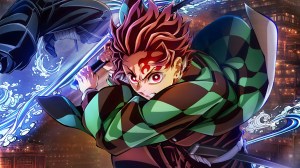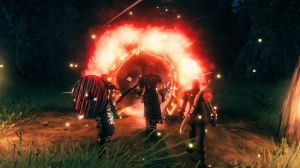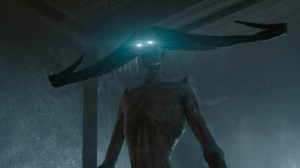
Comics writer Mairghread Scott has spoken out about her time writing Batgirl and the effects that not having a seat at the table can have on the creative process. Scott, an experienced comics and animation script writer best known for her contributions to the Transformers franchise and as the writer on animated projects like Justice League Dark: Apokolips Wars and the Guardians of the Galaxy TV series, recently posted on Twitter about her experiences at DC Comics, and the effects that being excluded from the company’s regular creative summits had on her time writing the book. “You know the day I knew I’d never be able to make it big in comics?” she wrote. “The day I bumped into another writer in an airport and accidentally learned he was heading to DC’s Burbank offices for a Bat-family summit. I was writing Batgirl at the time. I wasn’t invited.”
Videos by ComicBook.com
Both DC and Marvel regularly hold “creative summits” where creators and editors hash out the general direction of a line of comics, or an event series. These summits give the creators invited a chance to collaborate on the editorial direction of a story, but they also create ripple effects for the creators not invited. “There was at least one more summit I know about that I wasn’t invited to,” Scott noted on Twitter. “I suspect more than one given how whole storylines of mine would be thrown out to accommodate a new event my characters were in without my knowledge, inclusion, or opinion.” Scott even noted that she had asked her editors to let her sit on the summits that dealt with her characters for free, as she was working in Burbank, CA at the time.
However, she was kept out of the creative summit process, which led to her having to scrap entire storylines. “I was expected to shut up and execute,” Scott wrote. “To chase and beg “higher up” writers who couldn’t be bothered to even let me know they were about to blow up months of work, then write revision after revision with no extra pay.” Scott noted that this got to the point where she quit Batgirl after just 12 issues, because her pay was too low for the time she put in on script-writing and revisions. ComicBook.com has asked DC for comment and has not received a reply as of press time.
Artist Elsa Charretier noted that she had gone through a similar experience when she was hired to draw Batgirl and was replaced at the last minute when another “more famous” artist became available. This was followed up by getting offered two shorts, one of which was killed after she had written a script and was then ghosted by her editor for weeks. Charretier noted that, “while this stuff happens in comics all the time, it shows that creators are often shown as disposable.”
Scott and Charretier’s statements come in the wake of an ongoing discussion about power dynamics within the entertainment industry. Although many companies have pledged to increase their diversity and inclusion efforts, many believe that true change won’t happen until women and people of color are placed in positions of power, giving them an increased role in both creative direction and management.








